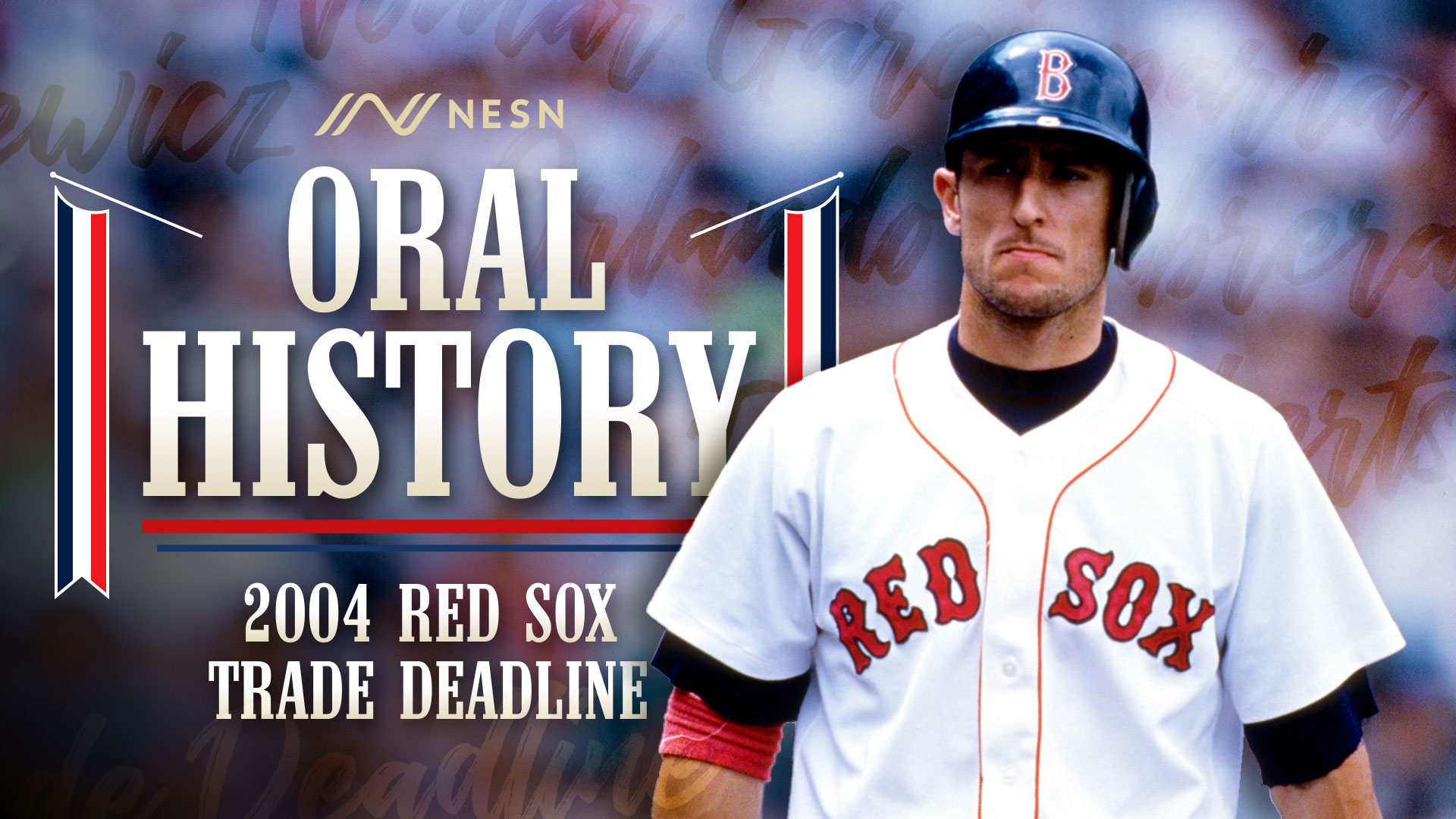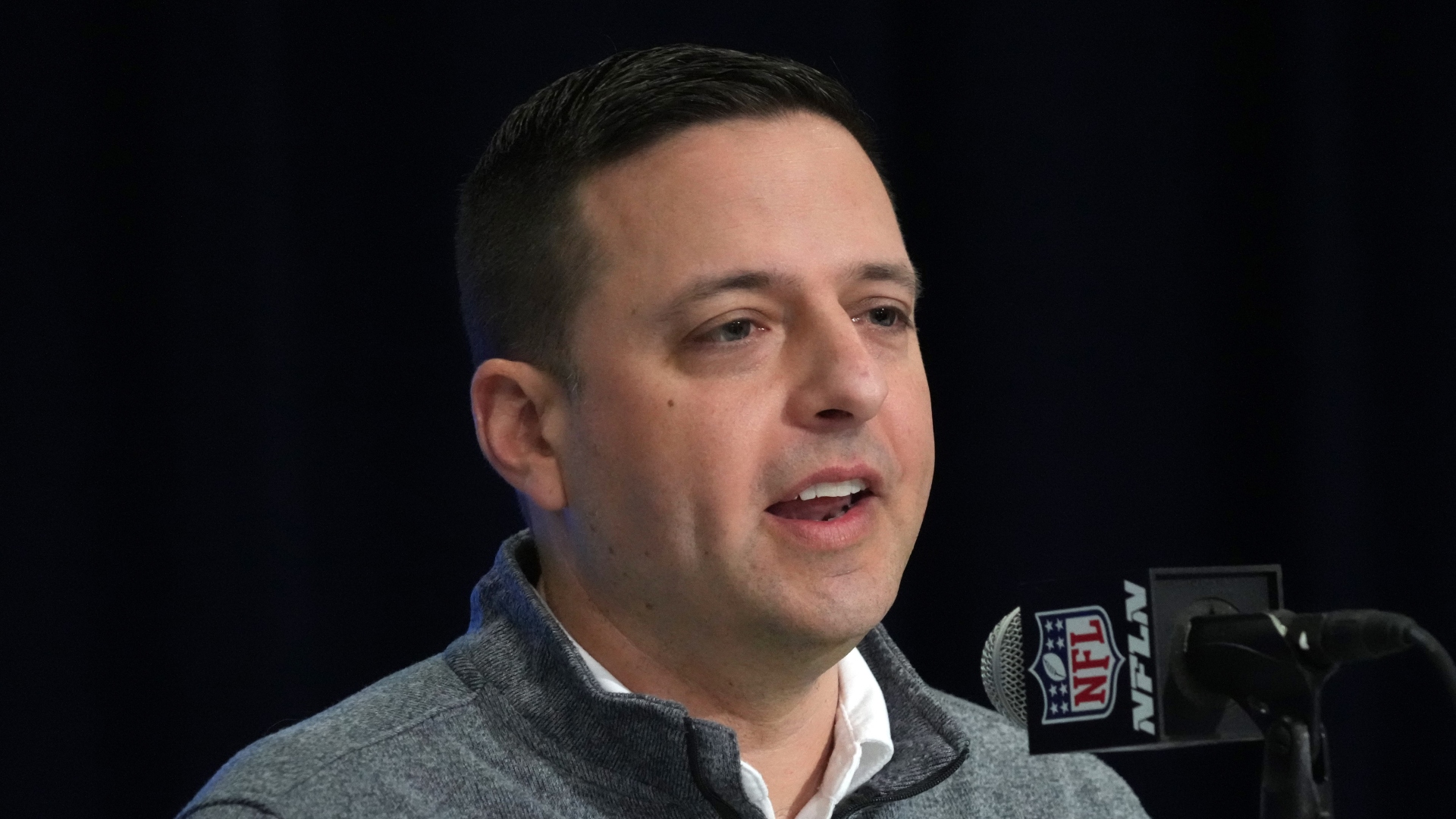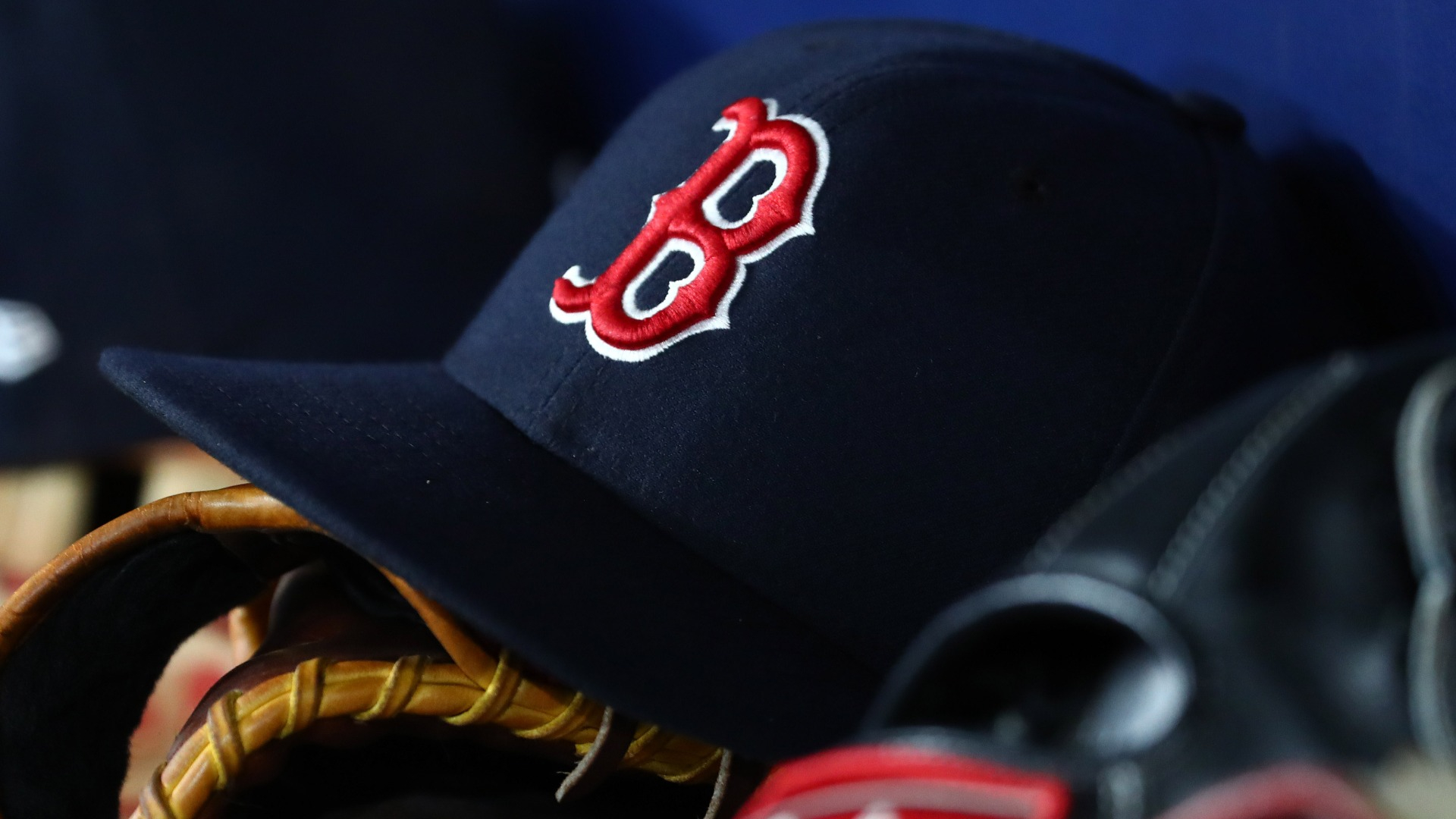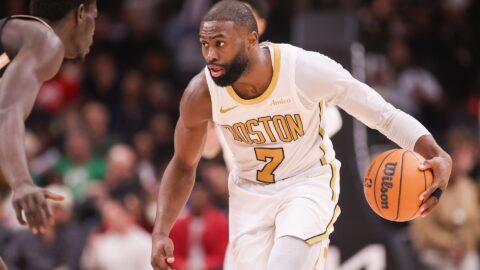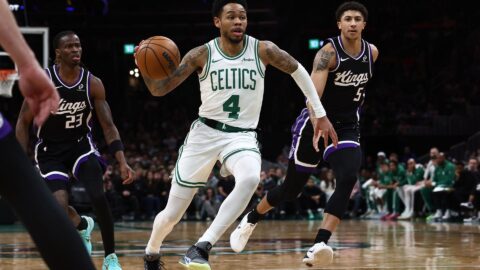The story of the 2004 Boston Red Sox never gets old. Well, probably for the New York Yankees it does.
The Red Sox pulling of the greatest comeback in MLB history over their bitter rivals en route to their first championship in 86 years was captured by Netflix in the documentary “The Comeback: 2004 Boston Red Sox,” which was released Wednesday.
The three-episode series artfully detailed Boston’s heated rivalry with the Yankees, focusing on the 2003 and 2004 seasons before culminating with the Red Sox overcoming a 3-0 series deficit in the 2004 American League Championship Series.
There are the typical anecdotes that have been shared time and time again by members of the team and familiar faces that take up the screen, but also new details are dispersed throughout that make it worth re-living what the Red Sox accomplished 20 years ago.
Here are six takeaways from the documentary:
Story continues below advertisement
No love for Grady Little
Little was along for the ride in the documentary with the first episode of the series dealing almost entirely with the Red Sox changing their culture with the 2003 season — the only year Little managed with Boston. But it was made clear the Red Sox front office didn’t fully trust Little’s decision-making. That came to a head when Little made a decision that went down in Red Sox lore when he left Pedro Martinez in to pitch the eighth inning of Game 7 of the 2003 ALCS.
Little’s choice to stick with Martinez — he said he didn’t factor in Martinez’s 115 pitches when he went to the mound to talk to his ace in the middle of the frame — shocked the Red Sox, especially then-general manager Theo Epstein. Red Sox owner John Henry didn’t mince words when it came to Little, either. The former manger seemed to understand his place in Red Sox history, knowing there’s no love lost between him and Boston.
“After we got beat the day in New York in 2003, if they would have had an election between me and Osama bin Laden, I was not going to win,” Little said.
Story continues below advertisement
more red sox
Stars of the show
Several of Boston’s notable stars were featured in the documentary but Pedro Martinez and Kevin Millar stood out among them all. Martinez was a central figure in the first two episodes since he had many incidents with the Yankees. That included his involvement in the brawl that took place in Game 5 of the 2003 ALCS at Fenway Park when he threw a charging Don Zimmer to the ground. Martinez even went as far to claim that the Yankees spied on the Red Sox at the start of the 2004 ALCS.
Millar was his usual outgoing and talkative self, adding engaging commentary to a story that’s been told before. He even revealed how members of the Red Sox went to a local bar to party after they clinched a spot in the playoffs in 2003 and told a story about how the team took shots of whiskey prior to the final two games of the series against the Yankees in 2004.
Epstein, Terry Francona and Derek Lowe were also fantastic in the documentary while it was a bit surprising that Manny Ramirez and Nomar Garciaparra weren’t interviewed for the series.
Story continues below advertisement
Aftermath of Red Sox failing to acquire Alex Rodriguez
Everybody remembers the Red Sox aggressively pursuing Rodriguez prior to the 2004 season and having the frameworks of a trade in place to acquire the star shortstop before the deal fell through. But what isn’t discussed enough is the impact that it had inside the Red Sox locker room the following season.
Garciaparra was disgruntled over the situation, especially after Millar went on ESPN and said he’d rather have Rodriguez on the team than Garciaparra and Ramirez. Ramirez also seemed upset at points about the situation, too. The tension around the Red Sox and Garciaparra, who missed the first two months of the 2004 campaign with an Achilles injury, was lifted when Epstein made the bold move to deal him at the trade deadline to the Chicago Cubs.
Turning point of 2004 season wasn’t Jason Varitek-Alex Rodriguez fight
The fight between Varitek and Rodriguez and the stories behind it — from the Red Sox pushing to play that game despite messy field conditions and Varitek showing up to the ballpark in a bad mood — are always entertaining. It’s usually noted it’s that game, in which the Red Sox walked off with a win thanks to a Bill Mueller home run, that sparked the Red Sox and catapulted them to greatness.
Story continues below advertisement
But Epstein poured a little bit of cold water on that theory since the Red Sox didn’t really get going until August of that season. Regardless, the brawl will forever live on in the minds of Red Sox fans and the documentary did a good job in showing all aspects of it, including Gabe Kapler and Trot Nixon getting a couple shots in on Tanyon Sturtze.
Lowest of lows to the highest of highs
The climb to the mountaintop for the Red Sox didn’t begin with their epic comeback. It actually started with heartbreak when Aaron Boone hit a series-deciding walk-off homer in Game 7 of the 2003 ALCS. The Red Sox were demoralized in the wake of that defeat with Epstein describing a somber locker room scene.
“Oh my God, I got down to the clubhouse and it was one of the worst scenes I’ve seen in baseball,” Epstein said.
Story continues below advertisement
But that loss also created a sense of urgency for the Red Sox to battle the Yankees head-on. They signed Curt Schilling that offseason and also added Keith Foulke to go along with the core already in place to set in motion a wild ride. And back at Yankee Stadium a year after Boone’s blast, the Red Sox exorcised their demons and got to party in the same locker room that was once tearful for them.
Great spotlight on Tim Wakefield’s contributions
Wakefield was an unheralded member of the 2004 Red Sox, but director Colin Barnicle made sure his impact was highlighted in the series. Wakefield was on the mound when Boone hit the decisive home run and it was evident how much the knuckleballer meant to his teammates when they consoled him following the loss and celebrated him when they completed their comeback in 2004. Even Yankees manager Joe Torre made sure to congratulate Wakefield.
Wakefield’s story pulled on the heart strings since he died in October 2023 after a battle with cancer. Varitek at one point got choked up talking about his former teammate, who he called his “friend.”
Story continues below advertisement
“He just typified what it means to wear this uniform,” Varitek said.
Featured image via Eileen Blass / USA TODAY NETWORK via Imagn Images

